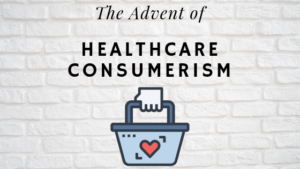
Last month, Definitive Healthcare released the results of its 2019 Healthcare Trends Survey after polling over a thousand healthcare leaders across provider, biotech, financial services, staffing, life services, IT, and consulting verticals. Leading the trend is Industry Consolidation with 25.2% votes, followed by consumerism at 14.4%.
The result of the survey is not surprising. For the past years, we’ve seen an increase in healthcare cost. The Centers for Medicare and Medicaid Services report that the average American spent $9,596 on health care in 2012, a significant rise from the $7,700 spending rate in 2007. Last year, the numbers were up to $10,739.
The rising cost of healthcare has ushered in the era of healthcare consumerism. It was inevitable. As people start clamoring for affordable and more efficient healthcare services, and with deductibles also on the rise, the inevitable and normal market behavior of “shopping” for value ensues.
I remembered what Deborah Gordon, a Senior Fellow at Mossavar-Rahmani Center for Business and Government at the Harvard Kennedy School said in one podcast. When I asked her what is a hot topic that should be on every medical leader’s agenda and how to address it, she said it has to consumerism or the role of consumers and healthcare.
She further explained, “We’ve designed our system around doctors. We’ve designed a system around insurance payments. Something that’s gotten lost in the way the system has evolved over time is the individual consumer. I’m a marketer. Good marketing starts with the audience. What does the audience need? What do they care about? How did they receive the information or the message? How do we want to convey the message? I think that’s been missing in health care.”
Today, we can see the shift. Patients are starting to be more involved in their healthcare decisions. Previously passive patients have become more aggressive and empowered, perhaps due to the swing of the financial burden to their own pockets.
With the advent of healthcare consumerism, patients are seeking better value and quality of service, timely care, transparency in information, and outstanding patient experience.
Badri Narasimhan, Founder & CEO at AlertMD.com gave a great analogy. He said, “My son is 12 now and he goes online to order toothpaste or whatever he orders on Amazon or any other website. He can watch which warehouse that box leaves. He can watch the estimated arrival time. He can watch that box of toothpaste travel, and in the last mile, they say the tube is on your way. You can watch it come to your door.”
“Then I go call his doctor’s office and I wait on the line for seven minutes. Then I leave a voicemail. I have no idea when they will return my voicemail. I go to their portal. I leave a message. I don’t know when they read the message or when they are going to call.” If the doctor does not think about the tube of toothpaste versus their own workflow, that doctor is going to walk up and find an empty room and they are going to say it (patients) must have gone to the business across the street.”
As health providers and leaders, you owe it to your clients to step up, improve communications, provide information, and assist patients in making educated healthcare purchasing decisions.
Thanks to people like Badri Narasimhan, it is now possible for healthcare providers to spend more time with patients, track daily progress, and make management decisions easier, faster, and more convenient. Check out my interview with Badri on the Outcomes Rocket here where he shares his philosophy and practice for increasing consumer loyalty while reducing costs. It is a must listen to podcast.
As the CEO of AlertMD, Badri says that the company mantra is “every minute our customers spend on our platform, they should save seven or more minutes”. He believes that time is a valuable commodity and that if they give their clients time, the clients then have more time to focus on healthcare delivery or some other more important factors that will add value to today’s more discerning patient consumers.
Alert MD is a hands-free mode software that is designed to automate tasks to free client’s time. It has four unique products, each designed to provide convenience and save you time. One of the products they offer which I found most intriguing and useful is called “Margie”. Margie is a multi-lingual patient satisfaction platform aimed at making it easier for your patients to work with your practice. Margie eliminates wait-time on your office phone during the day, integrates into your after-hours call service, creates an Alexa® presence for additional access, works with your portal/app, on your public website and more. The tool is making a difference for hundreds of providers who use it today because of the seamless experience it gives to physicians and of course, their patients.
I think this product not only saves time. It also increases a patient’s trust and confidence in you as a healthcare provider. Trust is very important.
Brian Devore, CEO, and Co-Founder at SIFFT said ” People will get better and typically have better personal health if they are engaging with a trusted provider or system, one they believe has their best interests in mind. Data shows that once you engage with your doctor in a more mutually rewarding relationship you will do better.” The same is true of consumer brands that know how to engage, relate and add value to their customers.
We have passed the age of the passive patient that depends on in-network providers. People have higher expectations for healthcare services. Healthcare is being reinvented. Those who don’t respond to the consumerism trends will be left behind.
How are you adapting to the change?
According to the 2020 Centers for Disease Control and Prevention report, roughly 34.2 million Americans have diabetes,...
Read MoreAs a farmer, Rod was used to long days. He worked 18 hours a day, 7 days...
Read MoreWith investors receiving hundreds of pitch decks every year, how do you create a compelling presentation that...
Read More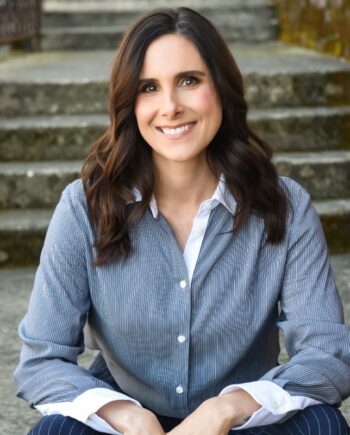
Brittany Busse Co-Founder, President, and Chief Medical Officer at
ViTelHealth
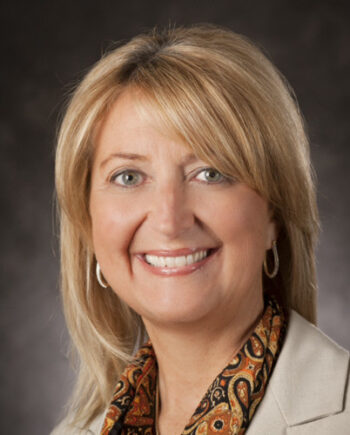
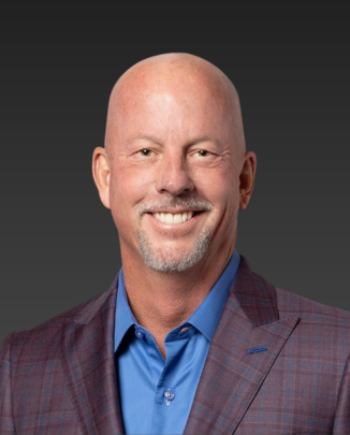
Stephen Thorne Founder and CEO at
Pacific Dental Services
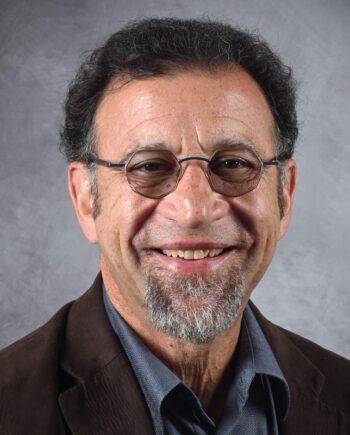
Keith Carlson Nurse Career Coach